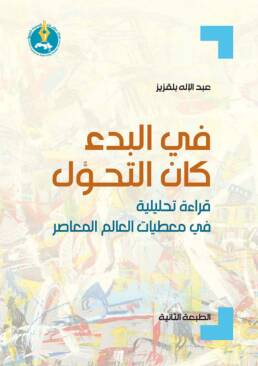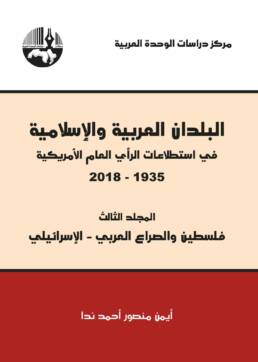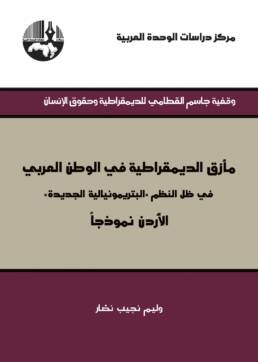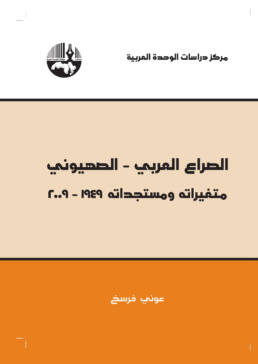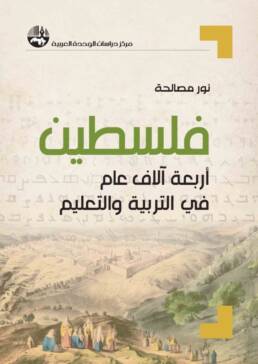Nasser as He Governed (2 Vol.) – The Ba ‘athists as They Governed (1 Vol.)
Price range: 24 $ through 48 $
Price range: 24 $ through 38 $
AuthorKamal Khalaf AL-TawilDate28/02/2024No. of Pages1328 (total)EditionFirstISBN9786144980514 (The Set)E-ISBN9786144980682
| Weight | 2 kg |
|---|---|
| Dimensions | 24 × 17 cm |
| Product Type | Electronic, Paper |
The Center for Arab Unity Studies published the book: A New Visit to Arab History (in its three parts), Nasser as He Governed (2 Vol.) – The Ba ‘athists as They Governed (1 Vol), by Dr. Kamal Khalaf AL-Tawil. The book, in its three parts, presents a new reading of the Arab National Movement’s experience in governance in the second half of the last century.
The Arab National Movement arose in the first half of the last century as a renaissance project on one hand, which would bring the region out of its depression and unite it on the foundations of a common Arab cultural identity and common history, and as a national liberation movement on the other hand, in the face of colonial hegemonic projects, in which dividing the Arab region and planting the Zionist entity in it presented one of its most prominent manifestations, risks, effects, and control mechanisms. Therefore, Arab unity and the liberation of Palestine represented the most prominent issues that the national movement, with its Nasserite and Baathist trends, sought to achieve. But the presence of these two trends in government in other than an Arab country for decades was not sufficient to achieve these two goals, let alone other political, social and economic goals. This book – the trilogy takes us back to the era of Arab nationalism in governance, in three countries ruled by two main Arab nationalist movements on the Arab scene: the Nasserist movement in Egypt, and in Syria for a short period, and the Baath Party in Syria and Iraq, with two separate wings.
This book, in its first and second parts of the trilogy, deals with the experience of Gamal Abdel Nasser in power, and in its third part, it deals with the experience of the Baath Party in power in both Syria and Iraq, revealing important details in those experiences in their various dimensions, political, military, security, and administrative; and the local, Arab, and international circumstances that arose in its ruling period, the challenges it faced, its strengths and weaknesses, its achievements, and the failures it encountered. The book sheds light on many details about the factors of success and failure, victory and defeat, in the path of Abdel Nasser or in the path of the Baath Party in both Syria and Iraq separately, and provides a pan-Arab critical reading of those experiences that can provide lessons for any pan-Arab liberation project in the present and future.
Add a review
You must be logged in to post a review.
You May Also Like
In the Beginning was the Transformation: An Analytical Reading of the Contemporary World
Price range: 10 $ through 11 $
Arab and Islamic Countries in the American Public Opinion Polls, 1935-2018/ Vol. III: Palestine and the Arab-Israeli Conflict
Price range: 7 $ through 10 $
The Destruction of Syria and the Displacement of its People: Who is Responsible?
Price range: 8 $ through 13 $
Democracy Dilemma in the Arab World Under the “Neopatrimonial Regimes” – The Case of Jordan –
Price range: 9 $ through 14 $
The Arab-Israeli Conflict: Changes and Developments, 1949-2009
Price range: 11 $ through 18 $
Invisible War: The United States and the Iraq Sanctions
Price range: 10 $ through 16 $
Palestine Across Millennia: A History of Literacy, Learning and Educational Revolutions
Price range: 12 $ through 19 $




